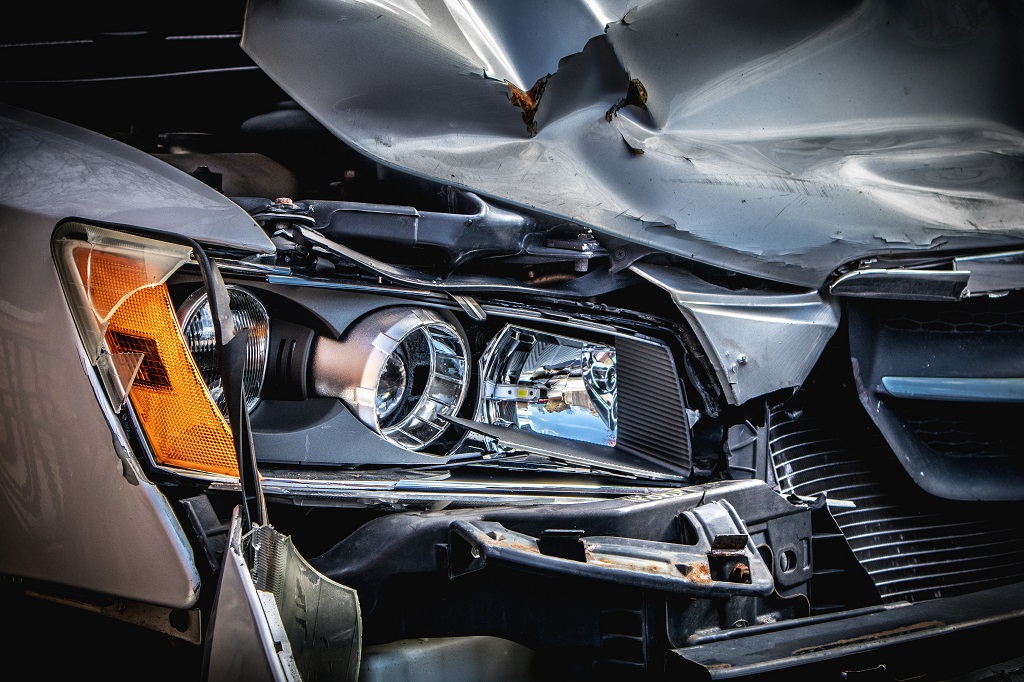Navigating the Complexities of Vehicle Accident Claims


- Personal injury lawyers assess case value, negotiate with insurers, and represent clients in court to secure fair compensation.
- Compensation considers injury severity, impact on work/life, medical costs, and emotional distress, aiming for a just financial remedy.
- Lawyers utilize various methods to ensure comprehensive claims representation, enhancing the likelihood of achieving adequate compensation for victims.
- Navigating vehicle accident claims involves understanding processes, negotiating with insurers, and overcoming challenges to obtain deserved compensation.
- Professional legal guidance is crucial in dealing with the complexities of accident claims, offering victims a pathway to fair resolution.
Navigating the aftermath of a vehicle accident can feel like entering a labyrinth full of twists, turns, and potential dead ends. Yet, understanding the intricate process of post-accident claims is crucial—it ensures that you, as a car owner, insurance professional, or personal injury lawyer, can secure the compensation necessary to move forward after such a jarring event. This comprehensive guide is designed to lead you through the maze of a post-accident claim, providing insightful information that is both practical and valuable for the challenges you may face.
Understanding the Basics of Vehicle Accident Claims
Vehicle accident claims are legal actions to receive compensation for injuries or damage incurred in a motor vehicle incident. They cover many accidents, ranging from fender benders to major collisions. Understanding that each type of accident is a potential claim is the first step in ensuring that no opportunity for restitution is overlooked.
The immediacy of your actions following an accident is paramount. First, seek medical attention for anyone injured, then proceed to remedy the situation by:
- Notifying the police and ensuring an official report is filed.
- Exchanging information with all parties involved, including eyewitnesses.
- Documenting the scene of the accident via photographs and written notes.
Documentation and Evidence Collection

Gathering evidence is the backbone of any successful claim. The evidence will include:
- The police report provides an official representation of the incident.
- Medical records and bills to substantiate injuries and related expenses.
- Any communicated correspondence, especially with insurance companies.
- Eyewitness statements to corroborate your account.
Understanding the direct correlation between the strength of your evidence and the likeliness of receiving a favorable settlement is vital.
Determining Fault and Liability
Determining fault in vehicle accidents can be complex. There are a multitude of factors involved, such as:
- State traffic laws and how they apply to the scenario.
- Eyewitness accounts and expert testimony.
With more sophisticated technology, such as dashcams and GPS systems, liability determination has become more empirical, leading to more concrete judgments.
Navigating Insurance Claims
Filing an insurance claim after an accident can be tedious, often fraught with red tape and negotiations. Steps involve:
- Notifying your insurance company promptly after an accident occurs.
- Provide the necessary documentation and evidence to support your claim.
- Understanding that the insurance company aims to minimize payouts requires assertive negotiation skills to secure rightful compensation.
Navigating the insurance claims process is about persistence and ensuring that your rights as a policyholder are not compromised.
Seeking Legal Assistance

There comes a point in some claims where legal intervention is beneficial and necessary. Understanding when this point arrives and why is crucial:
- Complex or disputed liability cases.
- High-stakes or severe injury claims.
- Grossly unfair or intransigent insurance company positions.
A reputable personal injury law firm, especially one with lawyers well-versed in vehicular accidents, can be a beacon of support in the murky waters of the legal aftermath of accidents.
The Role of a Personal Injury Lawyer in Accident Claims
A personal injury lawyer’s role is multifaceted:
- Providing a definitive assessment of your situation and its merits in terms of compensation.
- Engaging with insurance companies to negotiate a settlement that is just.
- Representing you in court if the case escalates to that level.
Their expertise and experience in the field are invaluable assets in securing a favorable outcome.
Calculating Compensation
The objective of a claim is to receive fair and just compensation for the damages incurred. Key factors that influence compensation are:
- The extent and nature of injuries suffered.
- The impact of injuries on work and daily living.
- Medical expenses and probable future costs for treatment.
- Emotional distress and loss of enjoyment of life.
An adept personal injury lawyer can employ various methods to ensure that all deserving aspects of a claim are represented and compensated.
Conclusion
Understanding the dynamics of vehicle accident claims is essential for anyone involved. From the initial steps after an accident to the delicate negotiations with insurance companies, the road to compensation can be complex and rife with obstacles. By recognizing the nuances of claim procedures and seeking competent legal guidance when necessary, one can successfully negotiate the labyrinth of accident claims with a sense of assurance and direction.